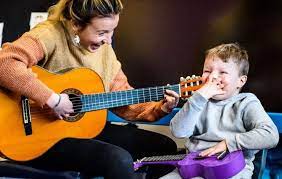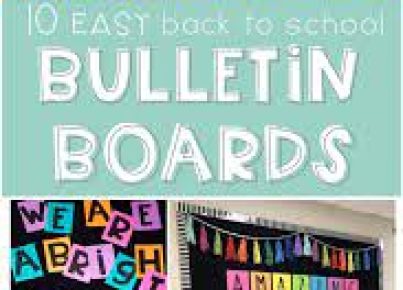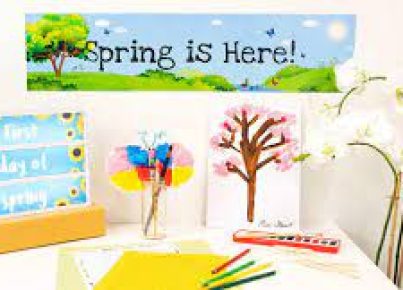Introduction
Special Educational Needs (SEN) pupils have diverse abilities and challenges, but they share one thing in common: the right to participate in an inclusive and enriching educational experience. Music, as a powerful and universal language, offers an ideal platform for engaging SEN pupils, helping them grow in confidence, creativity, and social skills. In this article, we will explore how educators can create an inclusive music-making environment for their SEN students.
1. Adapting Teaching Methods
Adapting teaching methods according to the individual needs of SEN pupils is crucial in providing them with a rich learning experience. Some strategies that can be applied include:
– Breaking down tasks into smaller, achievable steps.
– Providing visual aids and clear instructions to facilitate understanding.
– Allowing extra time for processing information and completing tasks.
– Modifying musical instruments to make them more accessible.
2. Embracing Assistive Technologies
Technological advancements have paved the way for numerous assistive tools designed explicitly for music education:
– Touch-sensitive instruments like electronic keyboards or digital drums can make playing more accessible to pupils with motor difficulties.
– Apps like GarageBand or InstrumentChamp offer diverse sound options and levels of complexity suitable for various abilities.
– Adaptive peripherals such as Soundbeam or Skoog enable students with severe physical disabilities to participate in music-making activities.
3. Encouraging Creative Collaboration
One of the most significant benefits of making music lies in its collaborative nature. Facilitating interaction among SEN pupils during music lessons encourages teamwork and allows them to develop essential social skills:
– Arrange group activities where students can work together on a piece of music or take turns participating.
– Promote constructive peer feedback in which pupils can express their thoughts about each other’s compositions respectfully.
4. Fostering Emotional Expression
Music’s emotional depth offers a unique opportunity for SEN pupils to explore their feelings and channel them through creative expression:
– Encourage pupils to choose songs or create compositions that resonate with their emotions, such as joy, anger, or sadness.
– Foster a supportive environment where students can express themselves musically without fear of judgment.
5. Showcasing Achievements
Praising and celebrating SEN pupils’ progress helps boost their self-esteem and motivation to continue learning:
– Organize performances for the school community or parents to showcase the pupils’ musical growth and achievements.
– Provide opportunities for students to take music qualifications if they wish to pursue music further.
Conclusion
Music can play a transformative role in the lives of SEN pupils by providing them with an inclusive platform for creative expression, social interaction, and emotional growth. By being flexible and adaptive in our teaching methods, embracing assistive technologies, encouraging collaboration, and fostering emotional expression, we can empower SEN pupils to unlock their musical potential while nurturing their whole self.





